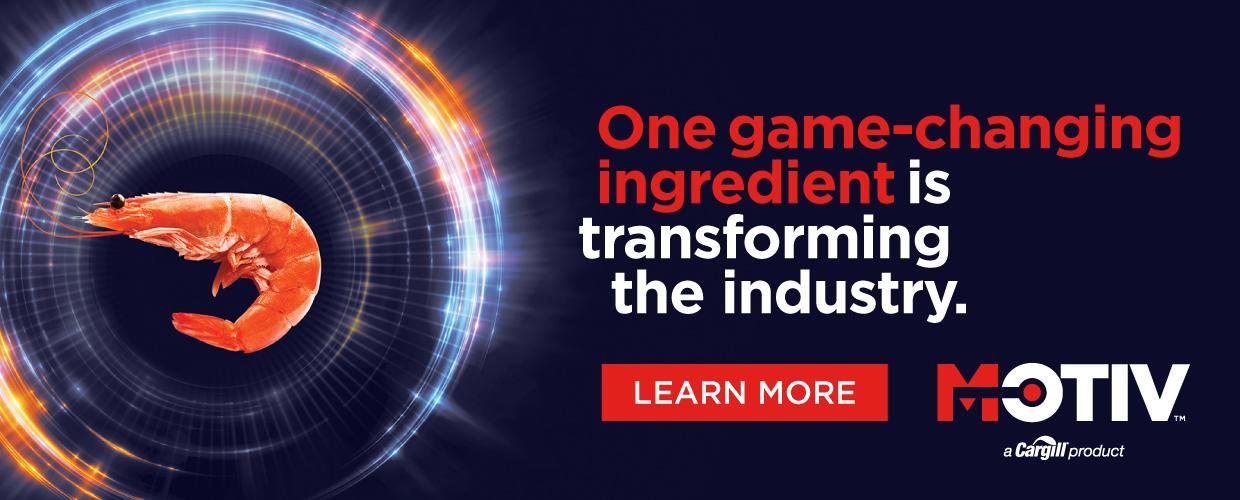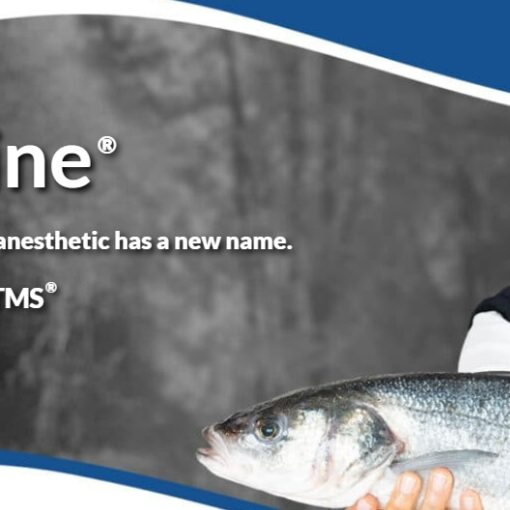The Ainan Fishery Cooperative Association, which produces red sea bream, has become the first facility in Japan to achieve Best Aquaculture Practices (BAP) certification, the Global Seafood Alliance (GSA) announced. Located in Ehime Prefecture, Japan, the Yasutaka Suisan farm and the Hamasui processing plant, both members of the Ainan Fisheries Cooperative, have achieved BAP certification.
“We are very pleased that two of our members, Yasutaka Suisan and Hamasui, have become the first in the world to receive BAP certification for red sea bream. BAP standards have been benchmarked by Global Sustainable Seafood Initiative (GSSI) at the farm, and Global Food Safety Initiative (GFSI) at the processing plant, which we believe will give further impetus to exports,” said Hiroki Tachibana, President of the Ainan Fishery Cooperative Association.
“Although Ainan is a small town at the southernmost tip of Ehime Prefecture, it is one of Japan’s top aquaculture producers, and we hope that Ainan sea bream will spread its wings to the rest of the world,” he added.
“The seafood industry in Japan is amongst the leaders in Asia for promoting and developing more responsible practices that fit with the United Nations Sustainable Development Goals. I would like to commend the Ainan Fishery Cooperative Association for becoming the first BAP-certified facility in Japan, with their red seabream farm,” assured Steve Hart, VP of Market Development at GSA.
Third-party certification
It’s good to remember that Best Aquaculture Practices is a third-party certification program developed by the Global Seafood Alliance, an international, nonprofit trade association headquartered in Portsmouth, N.H., USA, dedicated to advancing environmentally and socially responsible seafood practices through education, advocacy and third-party assurances.
Through the development of its Best Aquaculture Practices and Best Seafood Practices certification standards, GSA has become the leading standards-setting organization for seafood.
“When creating our BAP and BSP standards, we think about the fact that broad guidelines may cause unintended consequences given the complexities of seafood, which can differ greatly by species, production method and region. Our Standards Oversight Committee (SOC) and technical committees work tirelessly to ensure the seafood industry rises to the highest level of animal welfare, food safety, social accountability and environmental stewardship,” they said.
“BAP standards address the most pressing issues when it comes to aquaculture. Certified facilities must meet every single line in our standard to achieve certification, with no exceptions. Other certification schemes allow for non-conformities, but BAP does not in order to ensure responsible practices at certified facilities.”
“Our process allows for transparency and collaboration at every step of the process, and we invite public comments when standards are in the process of being developed or refined. Our standards exist to enable our vision of a world that embraces the role of responsible seafood in meeting global nutrition needs.”
Among other things, BAP standards require farmers to set upper limits for fasting periods. These periods are needed prior to harvest to aid food safety and ensure the quality of finished products. Also, BAP standards require that fish are slaughtered humanely.
Adapting specific humane slaughter methods for each aquaculture species is an avenue that must be explored by farmers.
“The Global Seafood Alliance has been fully committed to promoting best practices in animal health and welfare through the extensive adoption of its Best Aquaculture Practices (BAP) certification standards for 20 years now, and will continue to refine them for many years into the future.”
The GSA has been fully committed to promoting best practices in animal health and welfare through the extensive adoption of its Best Aquaculture Practices certification standards for 20 years now.










